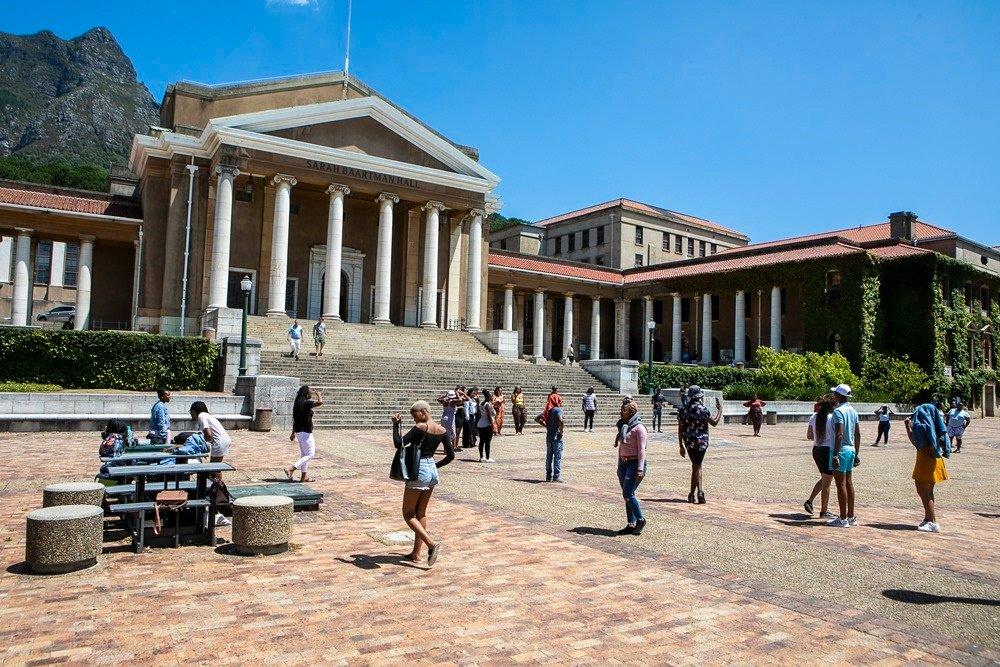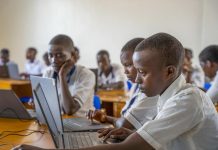Africa-Press – South-Africa. For 500 years, much of South Africa’s history has remained locked away in languages that don’t feature in school and university textbooks.
But a project driven by the University of Cape Town, in partnership with Rhodes University, is making South Africa’s history available in indigenous languages on a digital platform – creating an accessible historical reference that reflects our multicultural society.
The country’s history has predominantly been recorded in English, which still largely remains the language of instruction in academic spaces as a legacy of our colonial past. However, we have a rich heritage of African authors who recorded events from their perspective in their languages, providing alternative voices and accounts of our history.
Unlocking these voices is the work of the Five Hundred Years Archive (FHYA) project. FHYA is housed at the UCT’s history department, and aims to make a rich array of historical resources available on an accessible digital platform, including published and unpublished texts, sound recordings, archaeological items, objects, and images.
Researchers can use these abundant archives to generate and share scholarship about this distant past, said Rhodes University library director Nomawethu Danster.
“Projects like this are important because they are needed to decolonise information. What drives the library, and maybe myself in this case, is that the Global South have become consumers of information from the Global North,” explained Danster.
“We want to promote African intellectualism and scholarship and to make it accessible at no cost to society. We need to be creators, distributors and disseminators of this knowledge. That is what libraries are all about.”
Digital archive
The FHYA’s Professor Carolyn Hamilton, based at UCT, said that while there has been a move to include more African history in school curricula, teachers often struggled to find extra materials and resources to aid their teaching. As a result, most South Africans have limited knowledge of their own history, and very few young intellectuals feel inspired to centre their research on it.
This gave birth to the idea of assembling a digital archive where anyone could access works about South Africa’s history. The scope of the project spans across Eswatini, Lesotho, KwaZulu-Natal and the Eastern Cape. However, Hamilton said the project was growing to include a wider region.
The most recent work being prepared by the FHYA for online presentation includes the writings of Samuel Edward Krune Mqhayi, one of the first black South African writers to be published in isiXhosa in the early 20th century, made possible through the collaboration with Rhodes University’s Cory Library.
Mqhayi often advocated against colonialism and promoted the use of African languages. He was part of a movement of intellectual resistance that influenced anti-apartheid heroes such as Robert Sobukwe
The Mqhayi collection at the Cory Library contains works printed in the late 19th and early 20th century at the Lovedale Press, a missionary printing press located near the town of Alice. The collection includes manuscripts and correspondence between Mqhayi and the Lovedale Press about his publications. These are either typed or handwritten in cursive font in English, including communication regarding some of Mqhayi’s unpublished works, which the Lovedale Press rejected.
They censored and banned manuscripts when they felt the content was unchristian, said Cory Library librarian Vathiswa Nhanha.
Among those who have worked on FHYA are UCT lecturer Sanele KaNtshingana.
Some of his work includes collaborating with fellow historian Himal Ramji in building an archive of information on the Xhosa cattle-killing movement of 1856, based on the writing of author and poet William Wellington Gqoba.
“Gqoba was the first African voice to document the systematic events of 1856. The historical accounts have been dominated by the voices of white missionaries and colonialists,” he said.
A multilingual society
The work of FHYA speaks to the divide KaNtshingana experienced when he entered academia – despite carrying out life in the Eastern Cape in multiple languages, his studies were confined to only one.
“It was such a mystery why higher education was reduced to one language. It did not reflect the South Africa I grew up in, and it implied that the only language and culture that matters is English,” he said.
“Highlighting the importance of these works in multiple languages is a bold statement that shows we’re living in a multilingual society.”
Hamilton said that while the FHYA was particularly important for those wishing to access resources in indigenous languages, its work was important for every single South African.
“White South Africans, as much as black South Africans, have been subjected to the cumulative effects of centuries of colonial thinking. Even the most progressive, liberal thinkers need accessible resources to help them understand the southern African past differently. They need opportunities to engage with materials produced by black writers in the past,” she said.
The archive also provides a record of how indigenous languages have changed over the centuries, mapping language over the 19th and 20th centuries.
But making the historical works available in indigenous languages also preserves cultures and languages, said KaNtshingana. They give an insight into the lives of people at the time, their philosophy, the concepts they used, and how they thought about their world, he explained.
But the real magic of the project lies in the fact that these works are now available for the public to access, free of charge.
“What excites me is the way this project speaks to the importance of archiving and digitising for public access, instead of limiting that access to libraries,” he said.
“The beauty of this project is that it is putting work out there that can be readily accessed by anyone. It is democratically available for everyone.”
For More News And Analysis About South-Africa Follow Africa-Press






